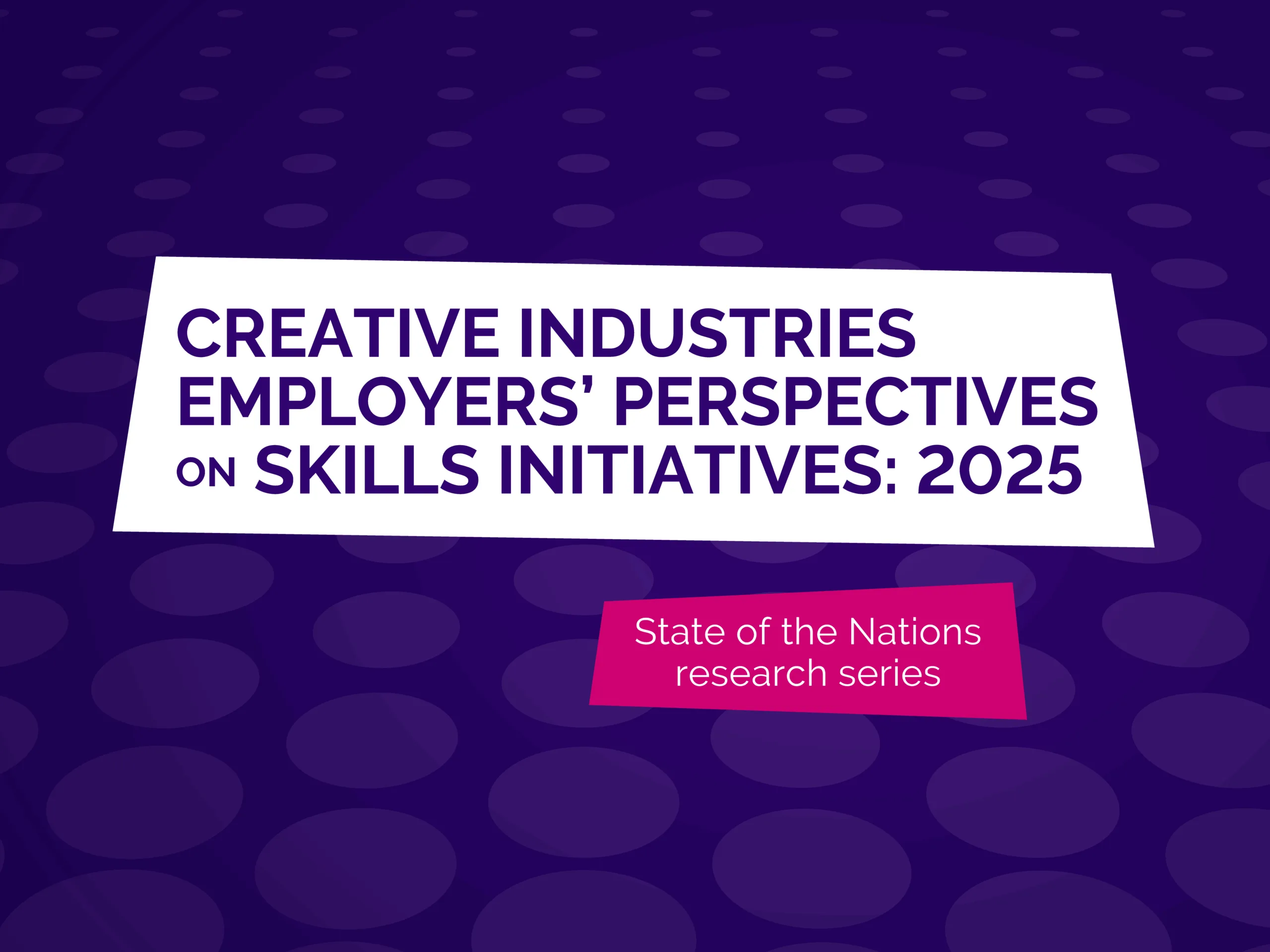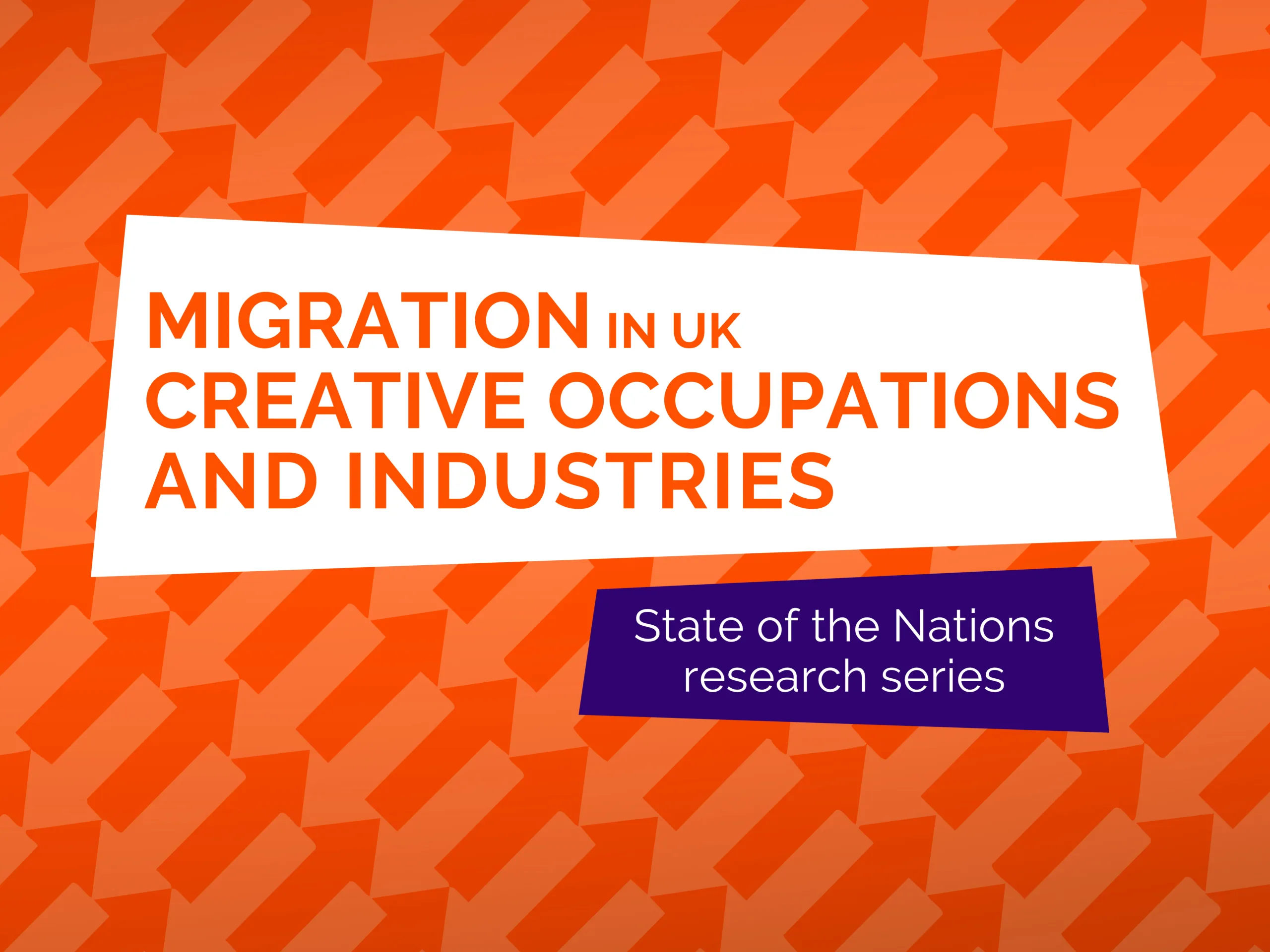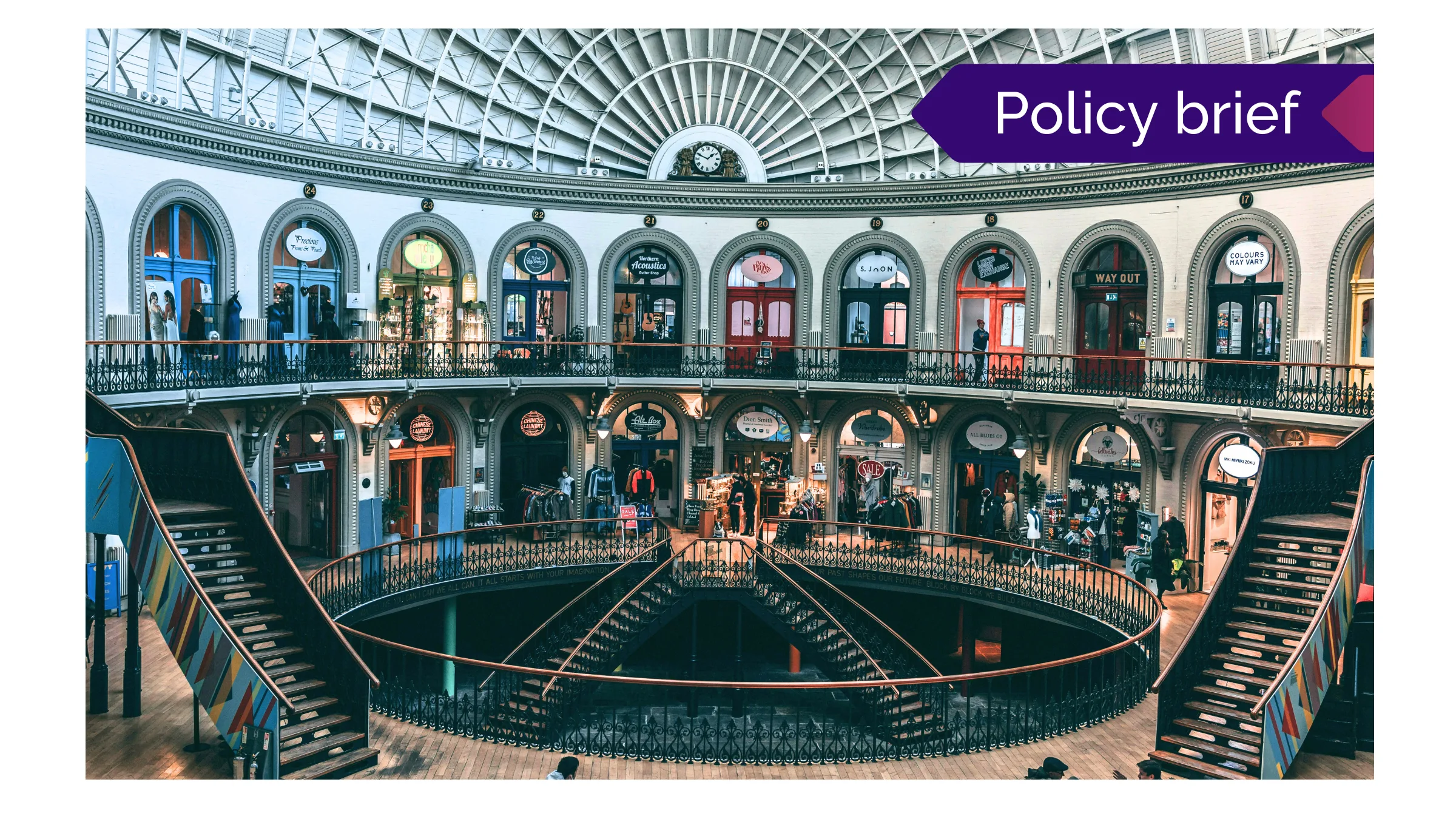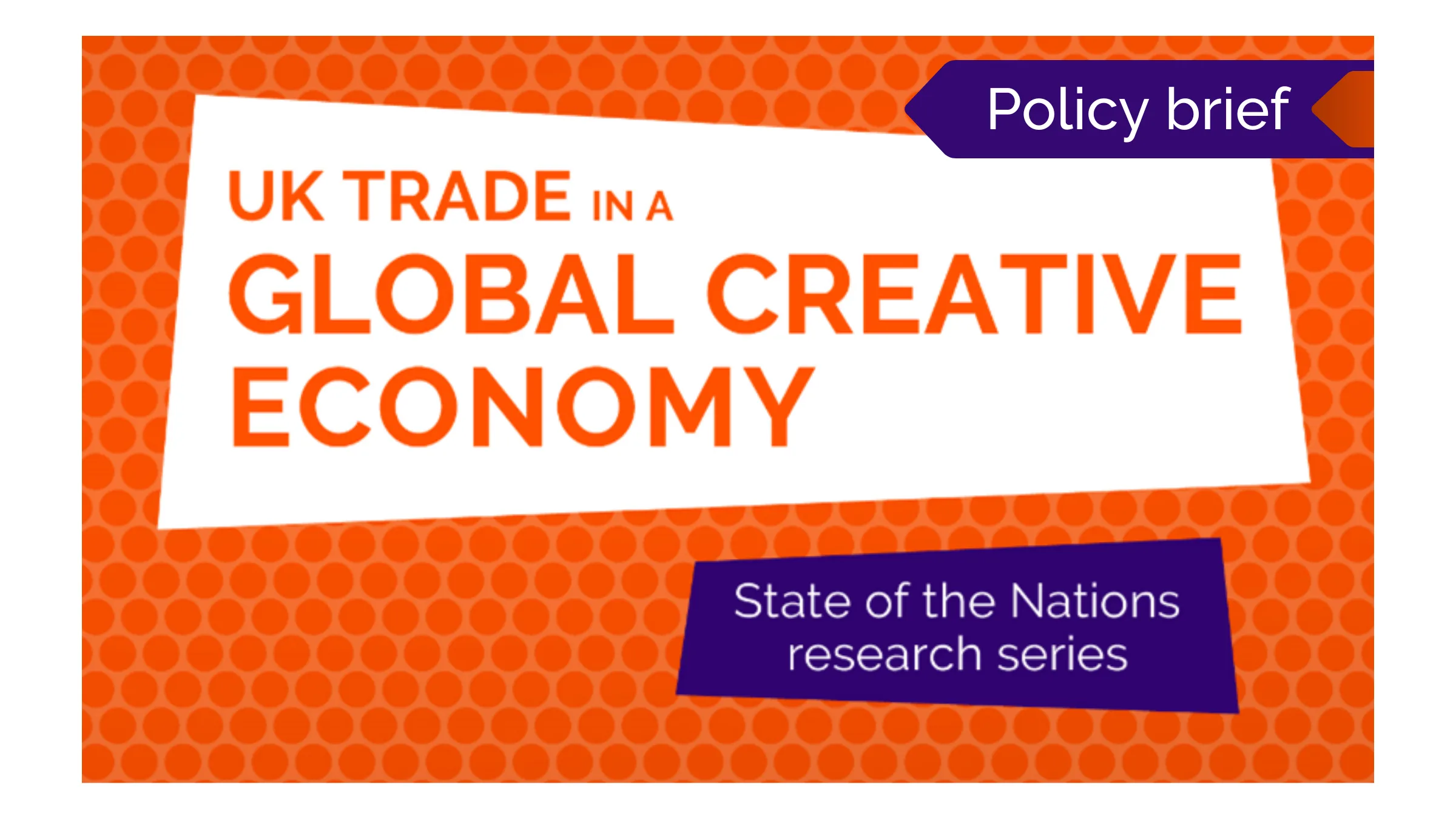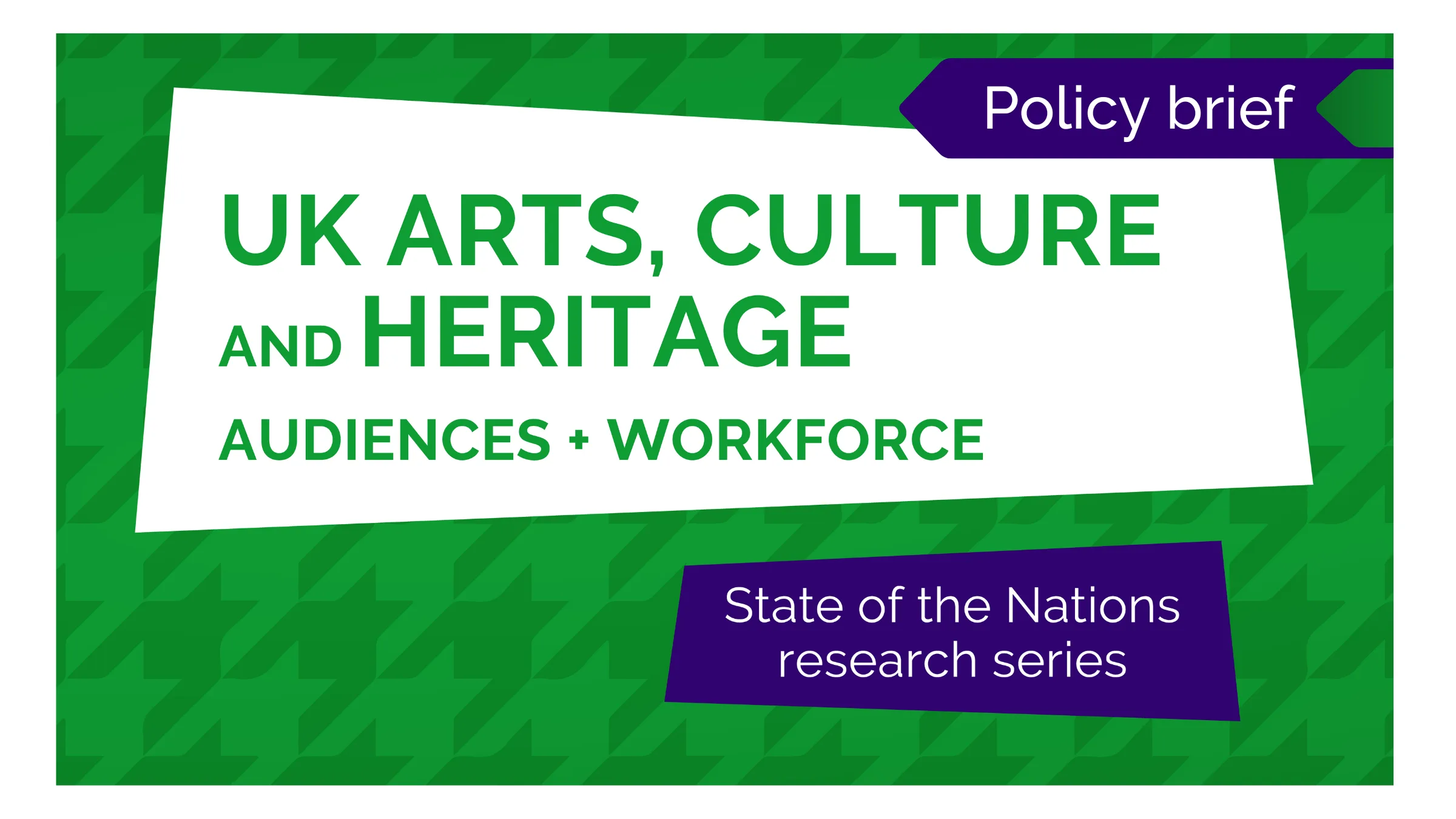The ‘Preston Model’ of Community Wealth Building (CWB) is an innovative policy intervention that ensures that local growth benefits local communities.
A key component of the Preston Model is changing how procurement from anchor institutions takes place to reduce leakages from the local economy and raise levels of economic activity in the area, whilst facilitating the creation of local supply chains. Across the economy, the Preston Model has had promising results: in the first four years of its operation, local procurement spend increased from 5% to 18.2% within Preston and 39% to 79.2% in Lancashire resulting in strengthened local supply chains. Growth per head and labour productivity (GVA per hour worked) all grew faster than the UK average and unemployment shifted from above to below the UK average.
However, until now analysis has not centred on the experience of creative businesses. This briefing explores whether the Preston Model has worked for the sector, and finds that creative businesses do seem to have benefited from its interventions, with a set of anchor institutions underpinning 9% of turnover in those creative businesses in Preston interviewed by the research team in 2019/20. The report then goes on to explore what might need to be changed in order to maximise benefits to creative businesses.
This insight briefing precedes publication of a paper commissioned by the PEC from the University of Central Lancashire. The full paper will be made available later in the year.
This policy briefing is being published as part of the PEC’s campaign Creative Places, which is calling for the government to invest in our local creative industries.
Please reference this paper as:
Whyman, P.B., Wright, A., Lawler, M. and Petrescu, A. (2021) Driving local growth: Lessons from the Preston Model. Preston: University of Central Lancashire funded by the Creative Industries Policy and Evidence Centre. Available from: https://www.pec.ac.uk/policy-briefings/stimulating-local-growth-through-procurement-lessons-from-the-preston-model
Related Policy Briefings
Harnessing the growth potential of createch
This insights paper summarises existing evidence on the present opportunities and challenges in crea…
Policy Brief: Creative Industries Employers’ Perspectives on Skills Initiatives: 2025
Overview The Government’s new Industrial Strategy sets a long-term, sector-focused approach to skill…
Policy Brief: Migration in UK Creative Occupations and Industries
Overview The UK’s creative industries are internationally oriented, a fact that’s reflected in its e…
Policy Brief: Arts, Culture and Heritage: Recent Trends in UK Workforce and Engagement in England
Overview Five years after the Covid-19 pandemic, engagement and employment in the arts, culture and …
Policy Brief: Foreign Direct Investment in the UK’s Creative Industries
Read the Policy Brief based on the most recent State of the Nations Report on FDI.
Policy Brief: Insights from the Northern Creative Corridor Workshops Sprint
The Northern Creative Corridor is an initiative aimed at connecting creative clusters across Norther…
Policy Brief: International Trade and the UK Creative Industries
This policy brief examines international trade in the UK creative industries. Drawing on our UK Trad…
Policy brief: Audiences and Workforce in Arts Culture and Heritage
This policy brief uses census data to provide, for the first time, a comprehensive analysis of audie…
Policy Brief: Transitioning to Sustainable Production across the UK Theatre Sector
This policy brief outlines recommendations for transitioning to more sustainable theatre production …
Authors’ Earnings in the UK
This policy briefing sets out areas for possible policy action, proposed by the researchers at CREAT…
Television production, international trade and pressures to consolidate
The UK television production sector is one of Britain’s leading creative export sectors. This briefi…
Three ways to support growth in the creative industries
Three ways to support growth in the creative industries The Creative Industries are an economic powe…


